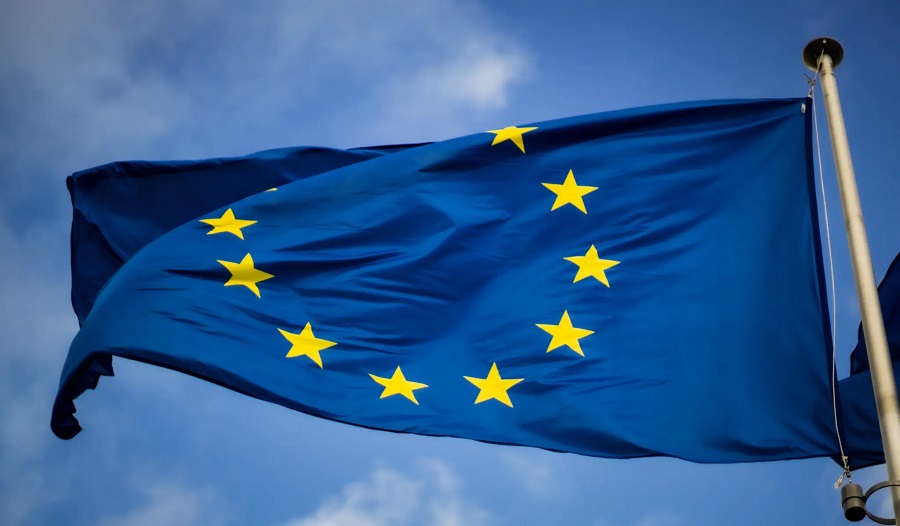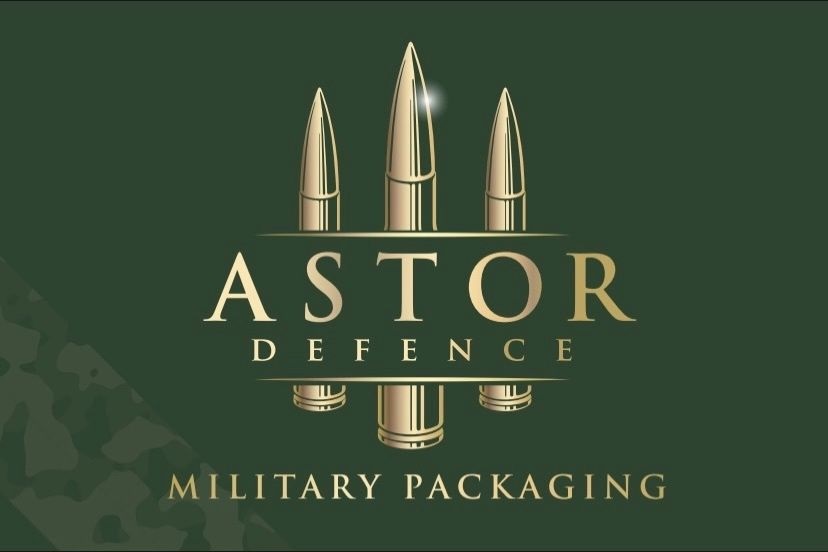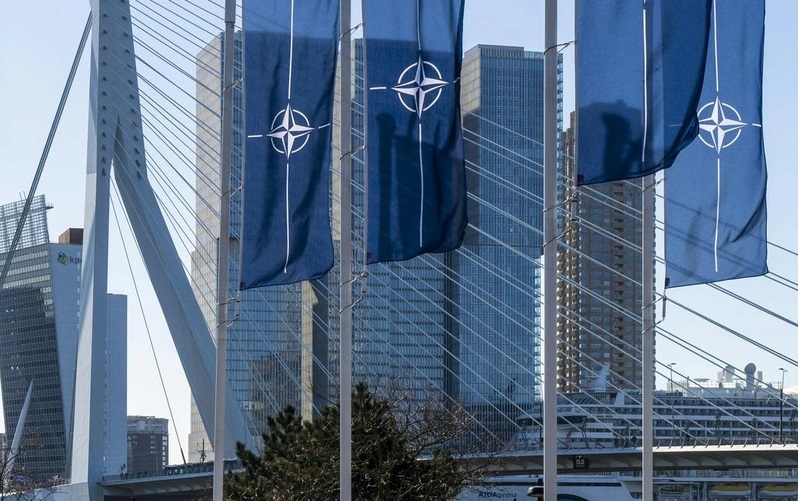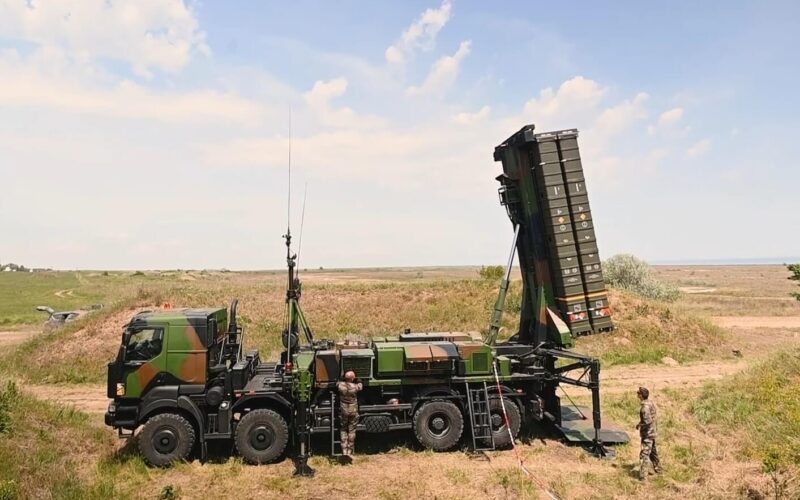Promised by European Commission President Ursula von der Leyen in September 2023, EDIS is finally to be presented by the European Commission in February 2024. C&V Consulting has been involved in all of the EU’s defence industry initiatives, directly or by supporting the participation of its clients. This paper summarises the position of C&V Consulting and draws from its expertise and experience. C&V Consulting’s position is aligned with that of its clients; nonetheless, this paper only commits C&V Consulting. C&V Consulting’s recommendations for the European Defence Industry Strategy focus on how to invest better together and how to adapt the Union’s defence industrial base.
EDIS’ objective should be the creation of an EU defence market that prioritises EU products, is based on fairness between EU companies, allows free movement of components and can benefit Member States and defence companies across the Union.
This position is based on three key considerations that are coherent and mutually reinforcing.
To build an internal EU Defence market, the European Defence Industry Strategy should:
- Continue aggregating the demand of EU Member States, create cross-border supply and demand visibility, ensuring transparency for all, and address the issues of national over-specifications, as well as that of the free movement of components.
- Apply a ‘European Preference’ approach for defence products, at both EU and national level.
- Ensure that the EU defence industrial instruments are able to deliver benefits to defence companies and Member States all over the EU. Several interlinked means should be used, such as: providing strong financial incentives to Member States and coherent and consistent EU support; promoting standardisation and open and modular architectures; creating strong cross-border opportunities across the EU, especially for SMEs and MidCaps.
Additionally, the EU should ensure that our values and rules, especially those related to ethics, legal, social and environmental compliance, are fairly and universally applied to all defence procurement processes and programmes in the Union in order to avoid unfair cost dumping.




















![NATO to consider increasing, stabilising support for Ukraine [BRIEF]](https://defence-industry.eu/wp-content/uploads/2023/12/Diehl-Defence-EUR-600-million-order-for-IRIS-T-SLM-air-defence-system.jpg)








